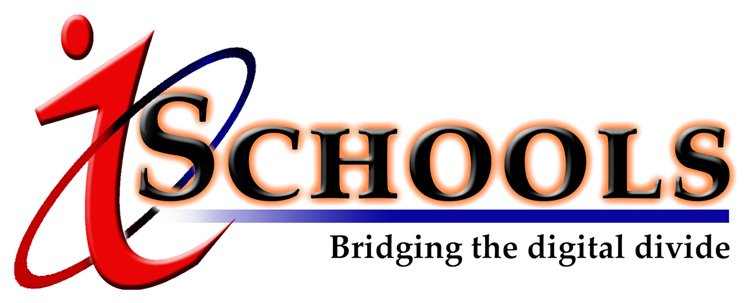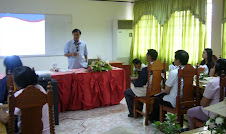You cannot love something that you do not know. It is for this reason that all the stakeholders of the iSchools Project of the Commission on Information and Communications Technology were informed about the project during the community mobilization by the partner state universities and colleges.
The principals, presidents of parent-teacher-community associations and members of the school board of the various recipient schools were oriented on the project objectives and the duties and responsibilities of concerned institutions.
Despite these orientation activities, still, some issues and concerns were raised during the three-day Sustainability Planning Workshop held at the Development Academy of the Philippines Convention Center, Tagaytay City.
Project management
“Is school visitation included in the timetable?,” asked a representative from Batangas State University Laboratory School. Project Manager Camilo Polinga of CvSU replied that school visitations may be announced or unannounced and there would be a monitoring system to be followed.
“Are iSchools beneficiaries allowed to acquire additional units for internet connection?,” asked the Caridad National High School representative. PM Polinga agreed that iSchools beneficiaries are allowed to acquire additional units, but if the units will be connected to the network, speed might be affected. Therefore, proper coordination with the PMO shall be done.
Technical issues
“Is it possible to have two operating systems in each unit?”, inquired one ICT coordinator. “Will the CICT consider the use of a licensed software since would-be users in the community are more knowledgeable in using licensed software than open source software.”
Ms. Melizza Tan of CICT replied that the use of two operating systems would not be allowed. She added that the purpose of using open source software is to maximize the budget in acquiring the number of computer units, since open source software is for free. She also reminded the schools that as partners of CICT, it is their responsibility to provide training in the use of open source software.
Where do we go from here?
There may still be doubts and questions on how the project will proceed but the stakeholders realized the significance of the project and expressed their commitment to be an active partner in bridging the digital divide in their respective communities.
Dec 11, 2007
iSchools: Issues and Concerns
Labels:
CICT,
DAP,
iSchools,
sustainability planning
Subscribe to:
Comments (Atom)



